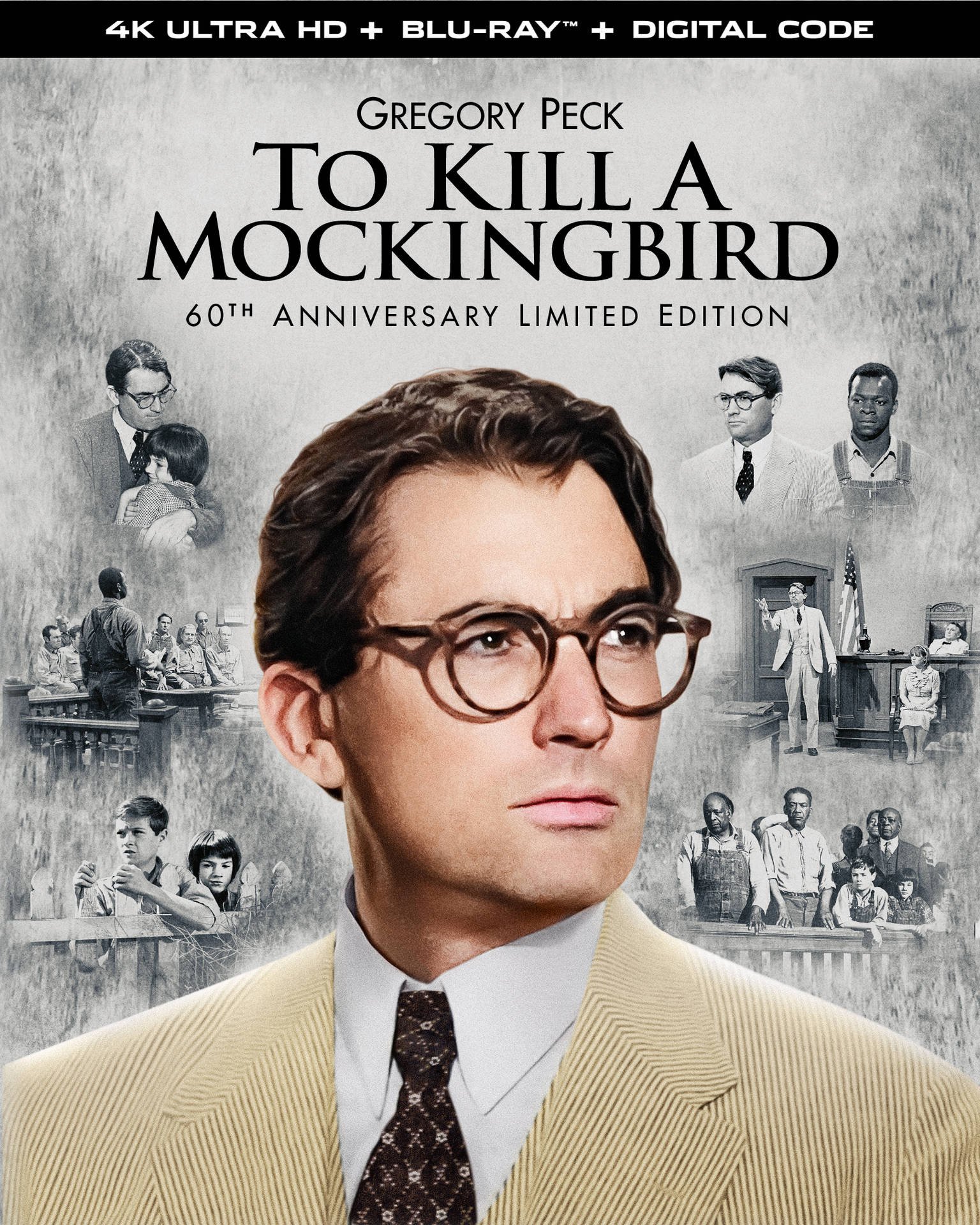To Kill a Mockingbird (1962)

To Kill a Mockingbird (1962)
Overview:
Directed by Robert Mulligan, To Kill a Mockingbird is a powerful and poignant adaptation of Harper Lee’s Pulitzer Prize-winning novel. Set in the 1930s in the racially segregated town of Maycomb, Alabama, the film follows young Scout Finch (Mary Badham) as she reflects on the events surrounding her father, Atticus Finch (Gregory Peck), who defends Tom Robinson (Brock Peters), a black man wrongly accused of raping a white woman. Through Scout’s eyes, the film explores themes of racial injustice, morality, empathy, and the loss of innocence. Atticus Finch’s steadfast integrity and commitment to justice stand in stark contrast to the prejudice and hatred that runs rampant in the town. The film is both an emotional drama and a call to examine the social issues that continue to shape society.
Expectations:
To Kill a Mockingbird is a cinematic masterpiece that expertly tackles difficult themes with sensitivity and depth. Gregory Peck’s portrayal of Atticus Finch is one of the most iconic performances in film history, embodying the values of fairness, courage, and empathy. The film’s pacing, while slower by today’s standards, allows for rich character development and the exploration of complex social issues. The direction and screenplay stay true to the spirit of Lee’s novel, making the film both a faithful adaptation and a thought-provoking exploration of racism and moral integrity. Its impact is timeless, offering lessons that remain relevant to modern audiences.
Rating:
5/5
To Kill a Mockingbird is a profound and essential film, offering a moving exploration of justice, race, and human compassion. With its unforgettable performances and enduring themes, it remains a seminal work in American cinema and continues to resonate with viewers around the world. This classic is a must-watch, offering valuable insights into society and humanity, both then and now.










